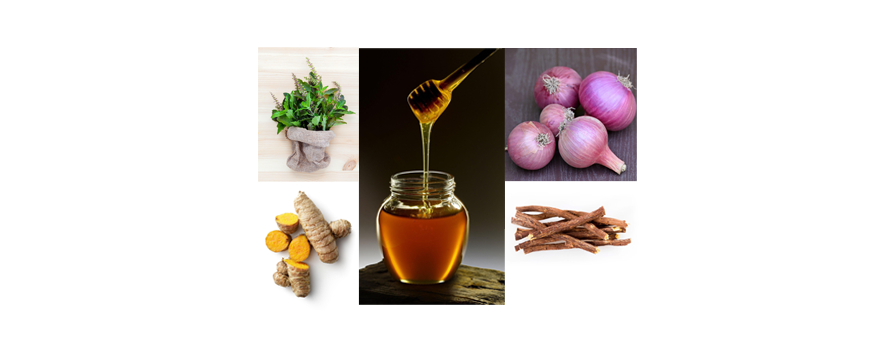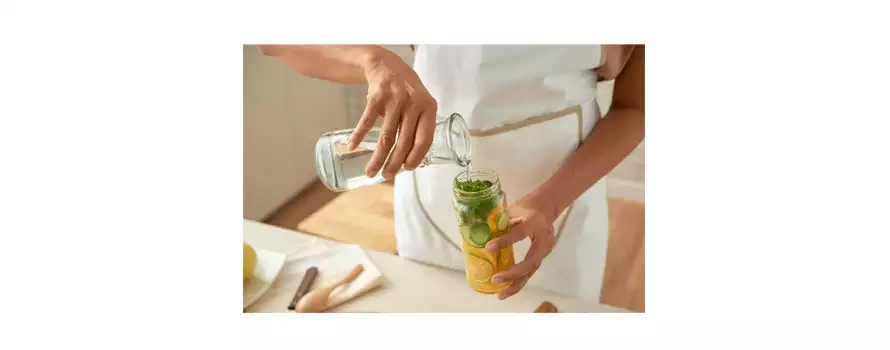A frozen shoulder is a condition in which the joint’s range of motion is restricted. This results from the capsule’s inflammatory thickening. The shoulder is where the stiffness mostly manifests. A different name for it is sticky capsulitis. One of the most frequent conditions is a frozen shoulder. Usually, the pain is felt directly above the shoulder joints. The discomfort gradually spreads to the outside of the arm before moving backwards. The degree of the pain keeps becoming worse.
Frozen shoulder is referred to as “Ababahuka” in Ayurveda. This is a perfect representation of Vata Roga. People with a Vata Dosha tend to absorb “Kapha” fluids. A frozen shoulder is the result of this absorption in the joints. Vata Dosha reduces function at the base of the shoulders, which causes the veins to constrict and finally leads to Apabaukam. Arm motion is lost as a result of Apabahukam. The Ayurvedic approach to treating this condition is quite effective.
Patients with chronic inflammatory arthritis and those with diabetes are more likely to develop it. After any type of chest or breast surgery, it might happen to a person. If left untreated, such protracted shoulder immobility puts the patient at risk and increases the likelihood that they will develop a frozen shoulder or paralysis. In this article, frozen shoulder ayurvedic treatment is explained in great detail.
Symptoms of Frozen Shoulder
With time, stiffness and pain get worse along with a growing restriction in motion. The ache is frequently stronger at night and might even wake a person up. Trying to lie on the affected arm’s side makes it worse. Normal daily duties will be difficult for the patient to do. If left untreated, a frozen shoulder can spread to the other side of the body from where it typically develops. The pain usually subsides with time, but the rigidity makes the agony worse. The affected person finds it difficult to even lift their arm as a result.
Causes Of Frozen Shoulder:
Diabetes, heart, lung, or other health issues can all contribute to a frozen shoulder condition. People over the age of 40 are more likely to develop it, and women are more likely to do so.
Hereditary factors and a history of shoulder joint injuries are additional causes. Excessive activity, eating too much dry and salty food, going out at night, fasting, digestive issues, and stress issues might also contribute. Another factor can be synovitis, a tear or lesion in the muscles surrounding the joints. A history of trauma may potentially be the cause of a frozen shoulder. Moreover, frozen arms can result from holding the arms immobile in one posture for an extended amount of time. An additional cause of a frozen shoulder is cardiac surgery, diabetes, or heart and lung conditions.
The muscle capsules that surround the shoulder joint might become inflamed, thickened, scarred, or even decrease. Severe pain and a frozen shoulder can also result from bursitis, tendinitis, and rotator cuff damage.
Frozen Shoulder Ayurvedic Treatment and Remedies:
Those who have a frozen shoulder typically use analgesics, steroids, or anti-inflammatory drugs. While this lessens discomfort temporarily, it doesn’t address the disease’s underlying cause. It doesn’t provide a permanent remedy for a frozen shoulder. As a result, many areas of the arm experience persistent pain. As a result, the affected person switches to repeatedly administering larger-strength medications or injections. Therefore, these out-layer remedies really make the sickness worse rather than removing the primary source of the discomfort.
The primary goal of frozen shoulder ayurvedic treatment is to get rid of the pain’s underlying root cause. The major objective is also to provide these symptoms with lasting alleviation.
The use of oils both topically and internally, as well as herbal remedies like Aristas and Kashayas, are all part of ayurvedic treatment. This will permanently rid the body of harmful poisons. Along with Narangakizhi and Nasyam, Panchakarma treatments also include oil massages and steam baths. The Kerala region of India is where this unusual treatment first appeared. It is generally advised to receive this massage therapy for at least 10 days, followed by at least a 7-day recovery period.
Panchakarma and Kerala therapy are beneficial if the secondary group is responsible for the frozen shoulder. This Ayurvedic therapy aids in restoring the body’s imbalanced Vata levels.
Medicated oil is applied to the body during massage therapy using a cotton cloth. Elakizhi is another well-known herbal massage that aids in muscular development. Additionally, all of the body’s joints and the shoulder can move more easily as a result.
The severity of the disease and the symptoms often determine the length of the therapy. It may go on for a week to three weeks or even months in some circumstances.
Purification Therapy:
The presence of some toxins in the body can also cause discomfort and immobility in the shoulder and other areas of the body. Therefore, eliminating these toxins is the main focus. And the treatment is carried out in order to balance the Vata Dosha. Sometimes, herbal oils are instilled through the nose to treat a frozen shoulder. Depending on a person’s constitution and other disease-causing variables, these Ayurvedic treatments may differ from person to person. The shoulder muscles and associated body components are greatly relaxed as a result of these massages and therapies.
Proper Nutrition:
Understanding food properly is also crucial. It aids in preventing such diseases. Always consume foods that are simple to digest and good for your health. Additionally, it ought to periodically cleanse your physiology, provide energy, and maintain a healthy internal metabolism.
Maintaining a healthy lifestyle is encouraged in order to decrease exacerbation episodes. Avoiding a sedentary lifestyle, strenuous exercise, exposure to cold, and roaming in the rain can prevent frozen shoulders. It is advised to take a warm bath rather than a cold one.



